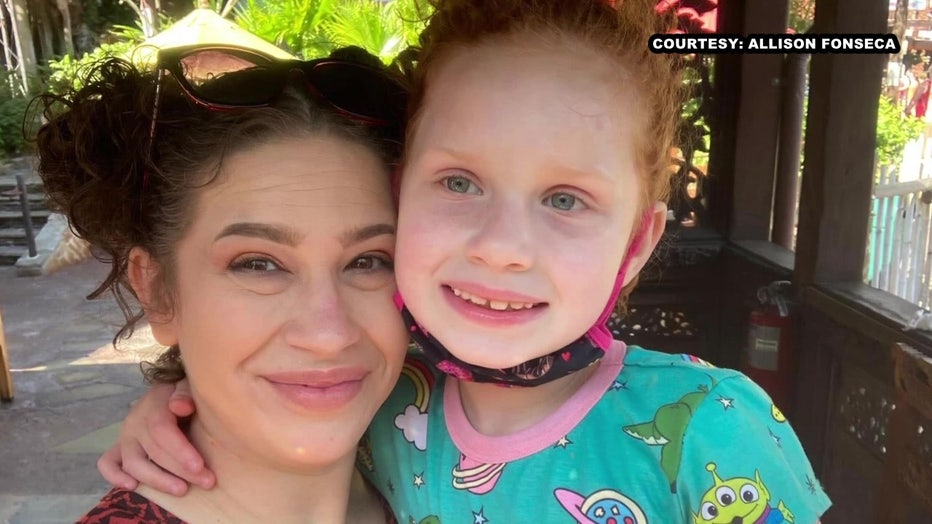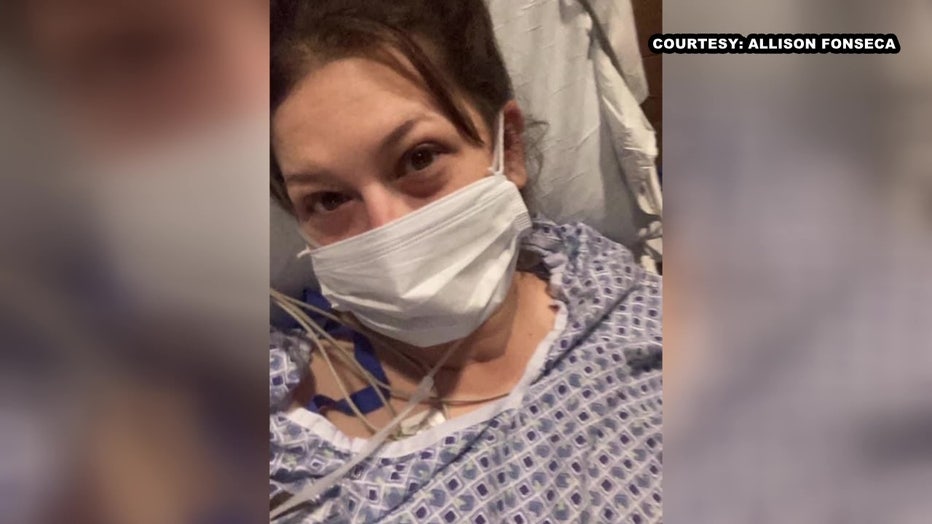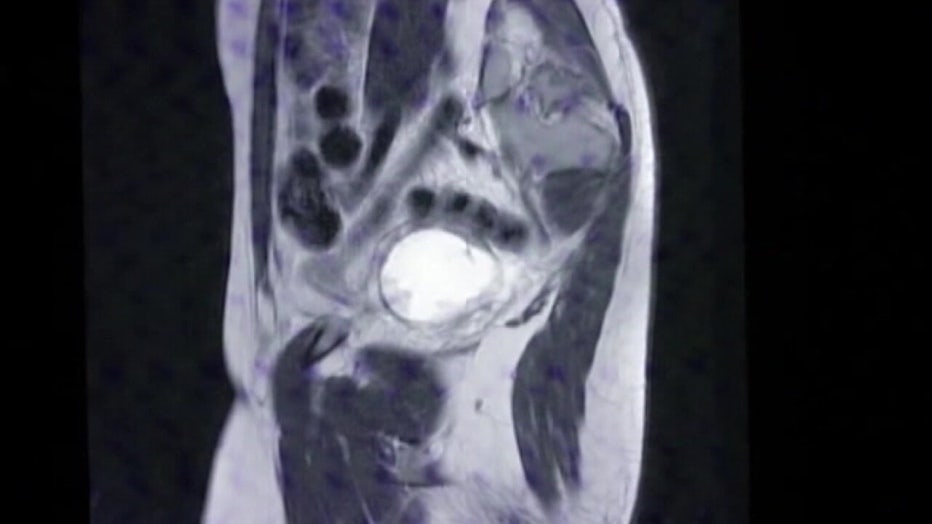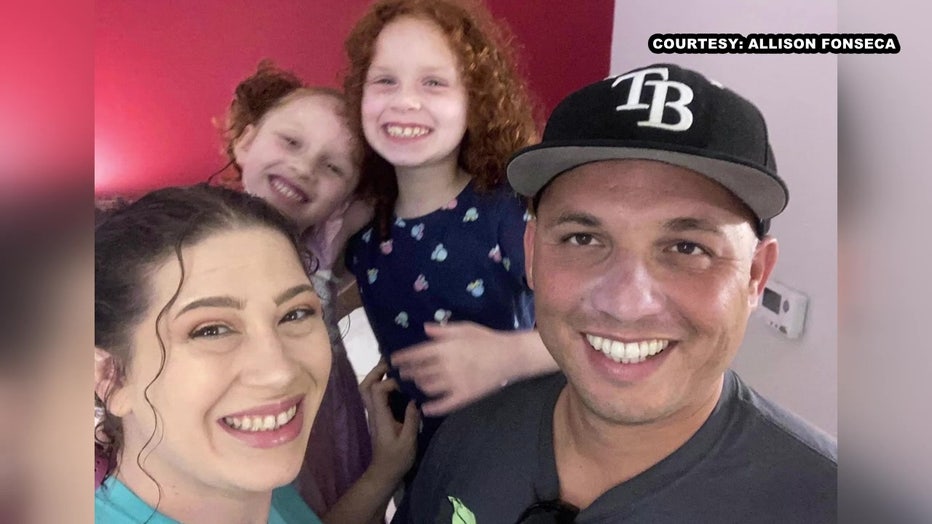Family of cervical cancer patient keeps her memory alive through education

Doctors tout cervical cancer screening benefits
Doctors say late-stage cervical cancer cases are increasing. Kylie Jones reports.
TAMPA, Fla. - Throughout the month of January, medical professionals are trying to raise awareness about cervical cancer and important preventative steps.
Medical experts say studies show the number of early-stage cases of cervical cancer have gone down over the years. However, they say new, advanced-stage cases are on the rise by 1.3% annually.
Amanda Romero’s family says she was diagnosed with stage-three cervical cancer at 36-years-old.
"I still think about her every day," Amanda’s husband, Roland Romero, said.
Romero says his wife was selfless, and even when she had cancer, she tried to help and educate others.
READ: Bay Area pediatric patient determined not to let cancer win as he gears up for second battle
"That drive that she had, it was just beautiful," Romero said.

Pictured: Amanda Romero and child.
Allison Fonseca is the owner of The Salt Smokehouse and worked with Amanda while she was battling cancer. She says they grew extremely close over a few years.
"She was like immediately family," Fonseca said.
Amanda’s family and friends say she always got regular pap smears and tests, but less than two years after her diagnosis, she died in August 2022.
READ: Bay Area woman defies odds after spinal cord surgery to remove tumor found after minor crash
"While she was sick, she was telling every female, even males, please get scanned," Romero said.
In memory of Amanda, Fonseca says they’re dedicated to sharing her story to help educate other people, in hopes of saving lives.
"She had so much tenacity and it made a lasting impact forever," Fonseca said.

Amanda Romero in the hospital battling cervical cancer.
When cervical cancer is caught early, Dr. Amber Stephens, with Optum Medical Group, says the survival rate is generally around 92%. However, once the cancer metastasizes and progresses, the survival rate drops to around 20%.
She says the number of early-stage cases has gone down over the years, as pap smears and HPV screening have become much more widespread.
READ: Cancer risk could increase with consumption of certain foods and drinks, study finds
Doctors typically recommend the average woman get screened every five years, starting at 25-years-old.
"When you have a pap smear done, you're going to get screened for Human Papillomavirus at the same time," Dr. Stephens said.

File: Scan
Stephens says there are risk factors that they consider depending on the patient, such as family history.
"If you've had an abnormal pap, that changes when we do your next one," Dr. Stephens said. "If you have HPV, that changes when we do your next one. It may change what the next step is."
Dr. Stephens says screenings aren’t perfect though, and some cases can go undetected.
READ: Cancer screenings: Here are 5 types and critical information to know about each
She encourages girls and women to get the HPV vaccine.
"There are some really promising elements, in terms of cancer prevention with a vaccine," Dr. Stephens said. "And frankly, we don't have a lot. We don't really have much out there that's like that. It's pretty unique."

Pictured: Amanda Romero and family.
Romero hopes Amanda’s story serves as a reminder to people to take every precaution you can and advocate for your own health before it’s too late.
"You can save your life," Romero said. "And you could raise your kids. Cancer sucks."
Since HPV came out in the 2000s, Dr. Stephens says girls and women can typically start getting it as early as nine years old. She says the age range of eligibility has expanded since it first came out.
Dr. Stephens also says that avoiding smoking, maintaining a healthy diet and sexual health are also important preventative measures. HPV is a sexually transmitted disease.

